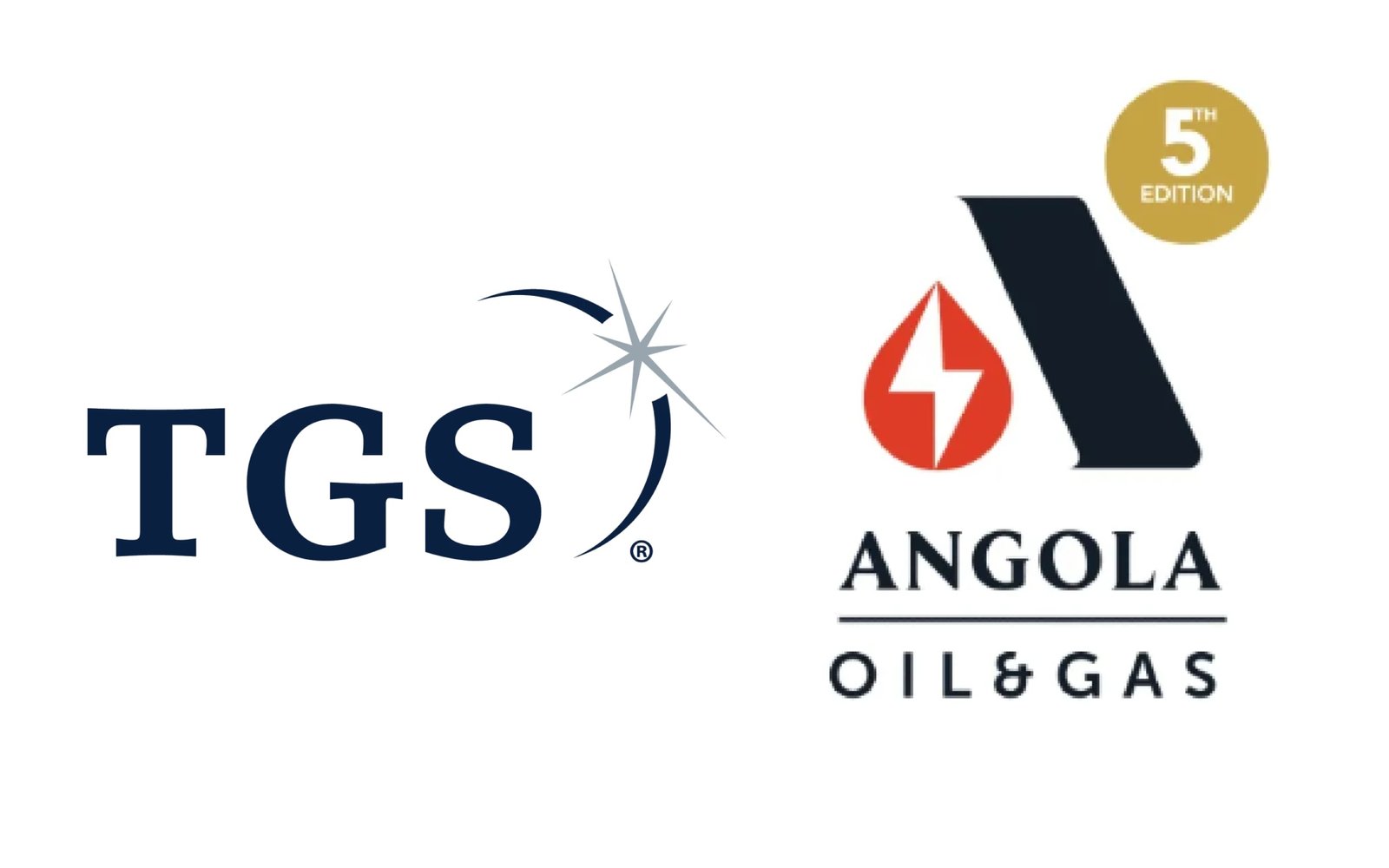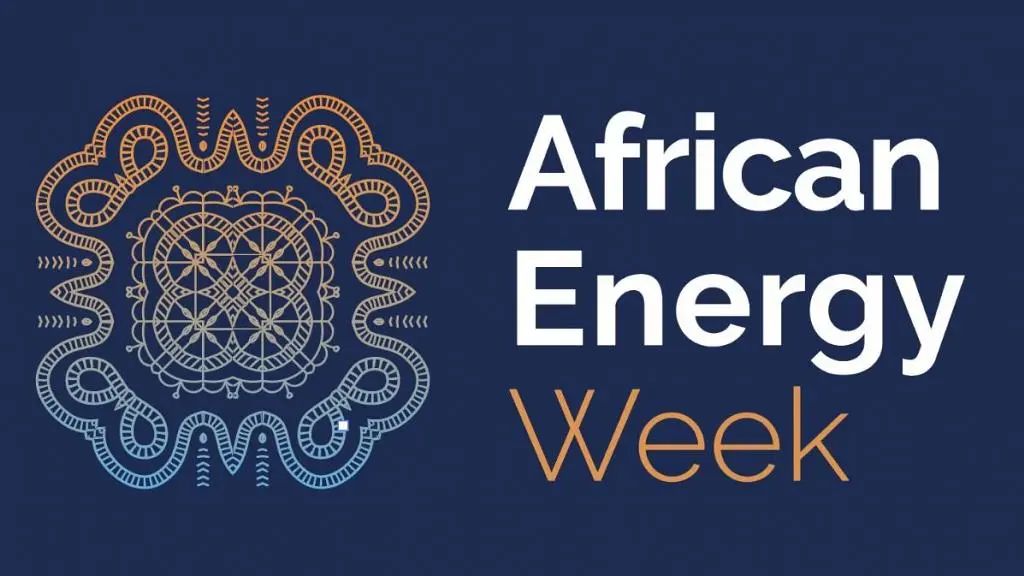By Dr, Muda Yusuf
The Lagos Chamber of Commerce & Industry notes with concern the continued uptrend in domestic consumer prices as headline inflation further accelerated to 16.47% in January 2021, the highest since May 2017. The up tick in domestic prices was largely driven by the persistent food inflationary pressures, with food inflation hitting a record 20.57%, the highest level since the 2009 CPI series began.
We note the moderation in the monthly headline sub-index from 1.61% in December 2020 to 1.49% in January 2021, mirrored the food sub-index (Dec-2020: 2.05%; Jan-2021:1.83%). This could be ascribedto the fact that festive-induced demand for food items, which elevated food prices in December 2020, moderated considerably in January 2021.
Core inflation, which captures prices of non-food commodities and services, rose to a three-year of 11.85% in January 2021, buoyed by price increase in housing, water, electricity, gas, and other fuel component (Dec 2020: 9.1%; Jan-2021: 9.4%) and transportation component(Dec 2020: 13.1%; Jan-2021: 13.6%).The naira exchange rate depreciation and the forex liquidity challenges were also major drivers of core inflation pressures.
Inflationary Drivers
The major factors responsible for the uptick in headline inflation are basically supply-side issues which include the following:
(1) heightened insecurity around the country, but more pronounced in Northern and Middle-Belt region – the major food-producing regions in Nigeria.
(2) increased cost of transporting food items from farms to markets as a result of elevated prices of petroleum products (diesel, PMS).
(3)Weak productivity in the agriculture sector and
(4) increased cost of agricultural inputs.
Key drivers of core inflation include:
(1) Naira Exchange Rate andforeign exchange liquidity concerns evidenced by the widening premium between NAFEX and parallel market rates. These have disrupted production plans of many manufacturing firms following acute shortages of raw materials and other inputs.
(2) Higher energy costs (PMS, Diesel, and power) which havebeen on an upward trajectory for two consecutive months.
[3] Another key factor is the uptrend in the financing of fiscal deficit by the Central Bank of Nigeria through the ways& means facility, which is typically very inflationary because it is high powered money.Implications for Business & Economy
1. The consistent rise in domestic prices have profound implications for entrepreneurs and the larger investing community. Higher prices translate to increased production costs for manufacturing companies, with consequent impact on their bottom-line since it is not in all situation that higher inputs costs can be transferred to consumers. This weakens the capacity of corporates to deliver value to shareholders via dividend payment amid dim profit prospects.
2. Rising food prices would see most low and middle-income households spend more on food commodities, with little amount to save and/or invest. Persistent rise in food prices, if unresolved, would worsen Nigeria’s poverty situation, thereby pushing more Nigerians below the poverty line.
3. Rising domestic prices mean deepening negative real returns on investment securities such as treasury bills, bonds, etc, even as yields on these instruments are unattractive relative to emerging market peers.
Way Forward
1. Government authorities at national and sub-national levelsshould address security concerns in the country, due to its scale of importance as far as food production is concerned in Nigeria.
2. Easing logisticscosts in the economy.
3. The need to stabilize the foreign exchange market to reduce liquidity concerns and associated uncertainties and disruptions in the economy.
4. The need to expeditiously resolve port challenges and related bottlenecks, which is negatively affecting production flows in the country.
5. Strict adherence to the statutory limit of CBN overdrafts to the government going forward is imperative.
. Being the full text of Press Statement by Dr. Muda Yusuf is DG, Lagos Chamber of Commerce and Industry, Nigeria, on February 17, 2021.







